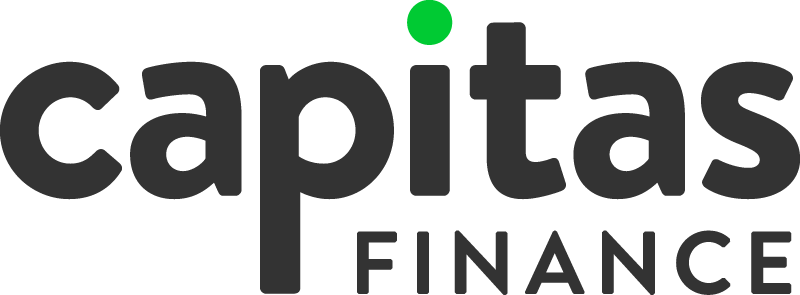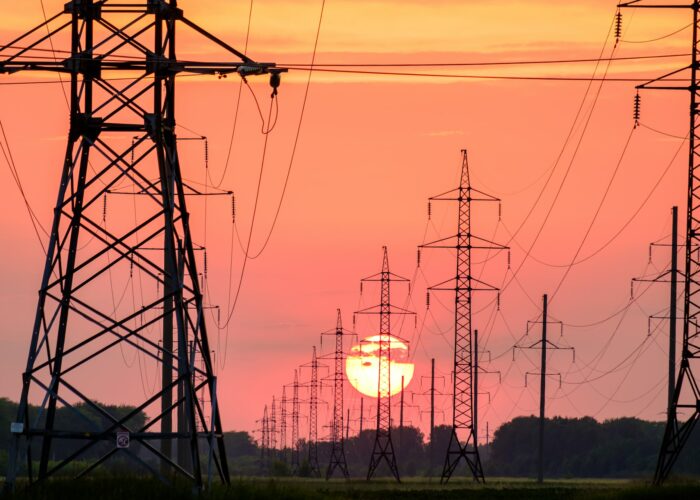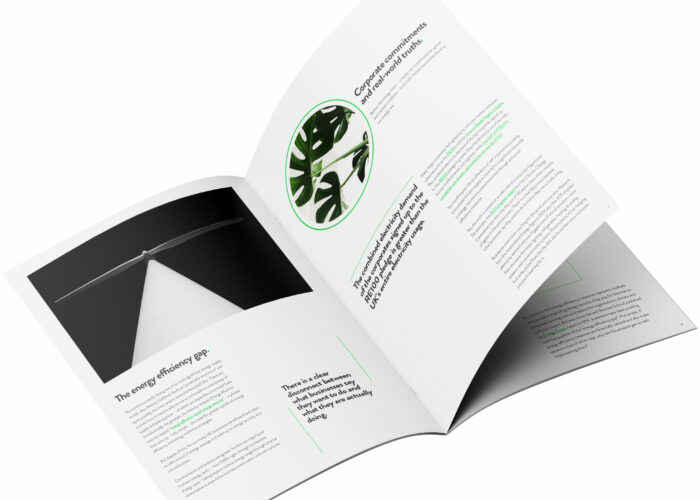President Trump imposes tariffs to protect heavy industry whilst a new group of countries slashes barriers.
Gloves off. President Trump threw down a gauntlet last week by imposing tariffs on steel and aluminium imports from all countries other than Canada and Mexico. Responses from China and the EU seem inevitable, first to combat damage to their own markets from deflected steel that would been bought by the US, second to extract revenge by targeting US exports. Elsewhere the members of what was the Trans-Pacific Partnership, minus the US, signed a new trade deal largely eliminating tariffs. That group represents 13% of global GDP. Which will be the more significant event in 10 years’ time?
Services with a smile. UK services firms reported an improvement in business conditions last month. Business activity rebounded off January’s 16-month low to 54.5, though this remains below the long-term average of 55.1. Inflationary pressures also eased with input costs rising at their weakest rate in seventeen months. Yet the outlook for the year ahead slipped relative to January and remains below the historical average. It’s encouraging that the UK’s largest sector remains in expansion mode but the current rate of growth is nothing to get carried away about.
Top, middle & bottom. The East Midlands continues to be the standout performer in the regional PMIs for both output and jobs growth. Private sector activity in the East Midlands accelerated to a three-and-a-half year high of 59.6 in February. That’s head and shoulders above the chasing pack of the North West, West Midlands, Eastern and NI, all of which had a ‘56’ handle. London and the South East saw a pick-up in activity last month but both regions, together with the South West and the North East, remain below the UK average (54.5) with Scotland at the bottom of the pile.
In the slow lane. Car registrations in February were 3% lower than a year earlier and year-to-date they were down 5% on 2017. It’s hard to pin this one on Brexit. The reason is falling diesel sales, which having reversed into a cul-de-sac are down a quarter y/y. The Budget duty increase on diesel cars and fears of a longer-term clampdown on these vehicles are the culprits. In contrast, sales of petrol cars are up 10% year-to-date with hybrids and electrically-powered cars up almost 20%. Bargains to be had at your local car dealer methinks.
Nice view. Business activity in the Euro Area remains elevated, catching its breath after a steep climb. The PMI composite survey combining all private sectors scored 57.1 in February. That’s down from January’s 12-year peak of 58.8 but a different layer to the series average of 53. The atmosphere up here is optimistic, with managers enjoying decent growth and expecting more. Input costs are rising though. Still, a mountain-top view is hard to beat.
A weening strategy. Managing a belligerent neighbour clearly needn’t hinder economic growth, as Estonia’s GDP jumped 2.2% in Q4, leaping over what the UK managed in a year with a single, quarterly, bound. Unsurprisingly, it was also the EU’s fastest grower. Overall club euro’s economy rose by 0.6%, which is also what Germany and France, the two largest economies, managed and double the 0.3% Italy achieved. But even Italy’s performance is creditable, showing that strength is spread widely. And enough for the ECB to take the tiniest of baby steps towards weening markets off special stimulus.
False dawn? The most recent Fed Beige Book – a report of anecdotal information on current economic conditions in the US – revealed businesses having to raise wages and benefits in the face of the tightening labour market. It was all set up for Friday’s hard wage data to build on last month’s acceleration in the pace of growth. Somebody didn’t get the memo. Wage growth fell back from 2.9% to 2.6%y/y. Even as the economy added a hefty 313k jobs in February, the best figure since July 2016 and keeping the unemployment rate at just 4.1%.
Strong. The US services ISM fell 0.4 points in February but at 59.5 the survey still points to robust growth. The new orders sub-component hit its highest level since 2005. Price pressures appear to be building, with input costs rising (something that tariffs won’t improve) and firms feeling compelled, and able, to pass some of these on in higher output costs.
For the people, by the people. The Bank of England’s Andy Haldane says economics and economic policy face twin deficits of trust and understanding. That matters because such deficits compromise the Bank’s ability to stabilise the economy and financial system. Its remedy is more and better communication. Sixty page documents summarised in a sentence. Better links with schools. Listening to more diverse people in more diverse places. And coming soon, regional citizen councils. They will enable dialogue about the economy between citizens and the Bank, which the latter hopes will lead to better policy outcomes.



